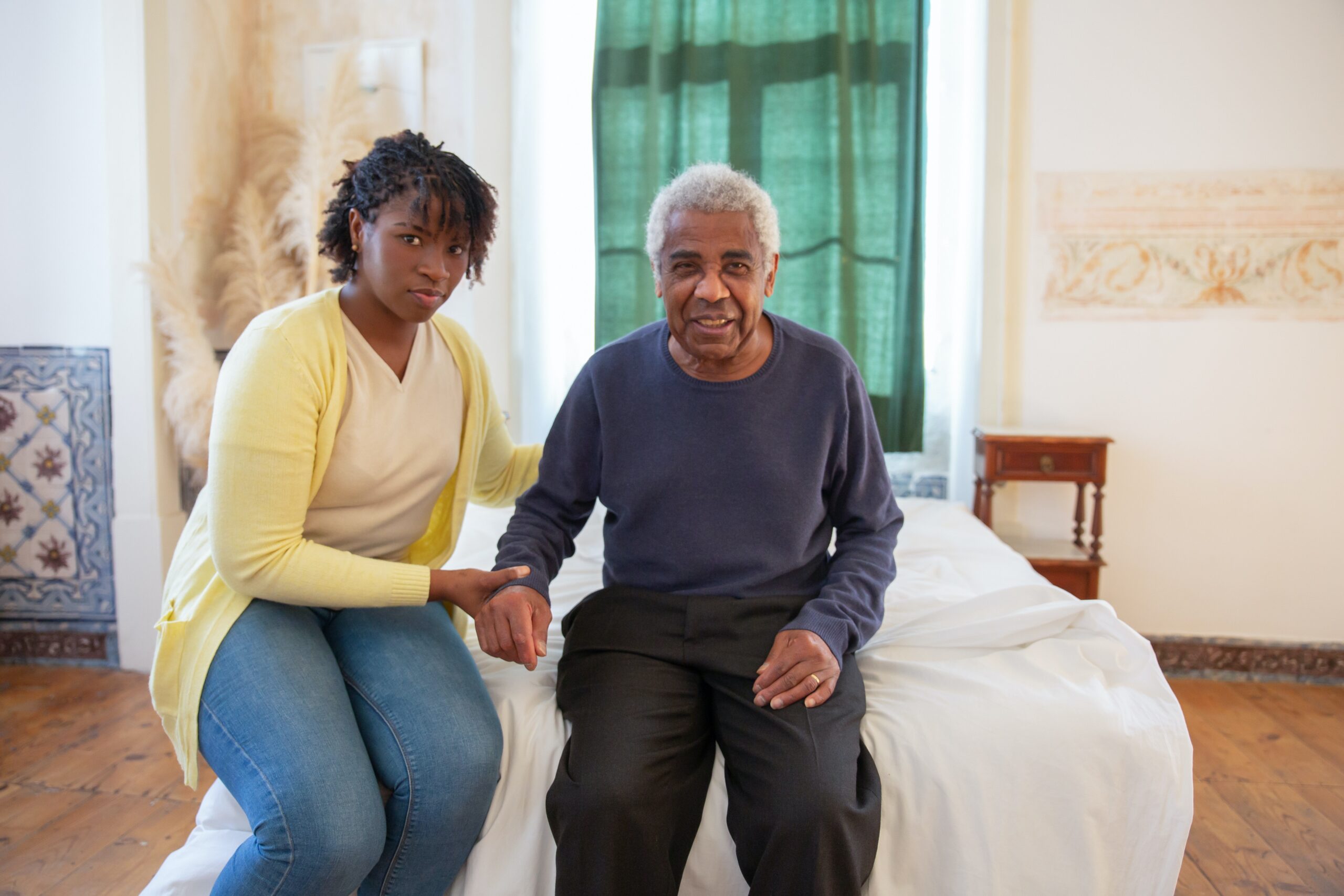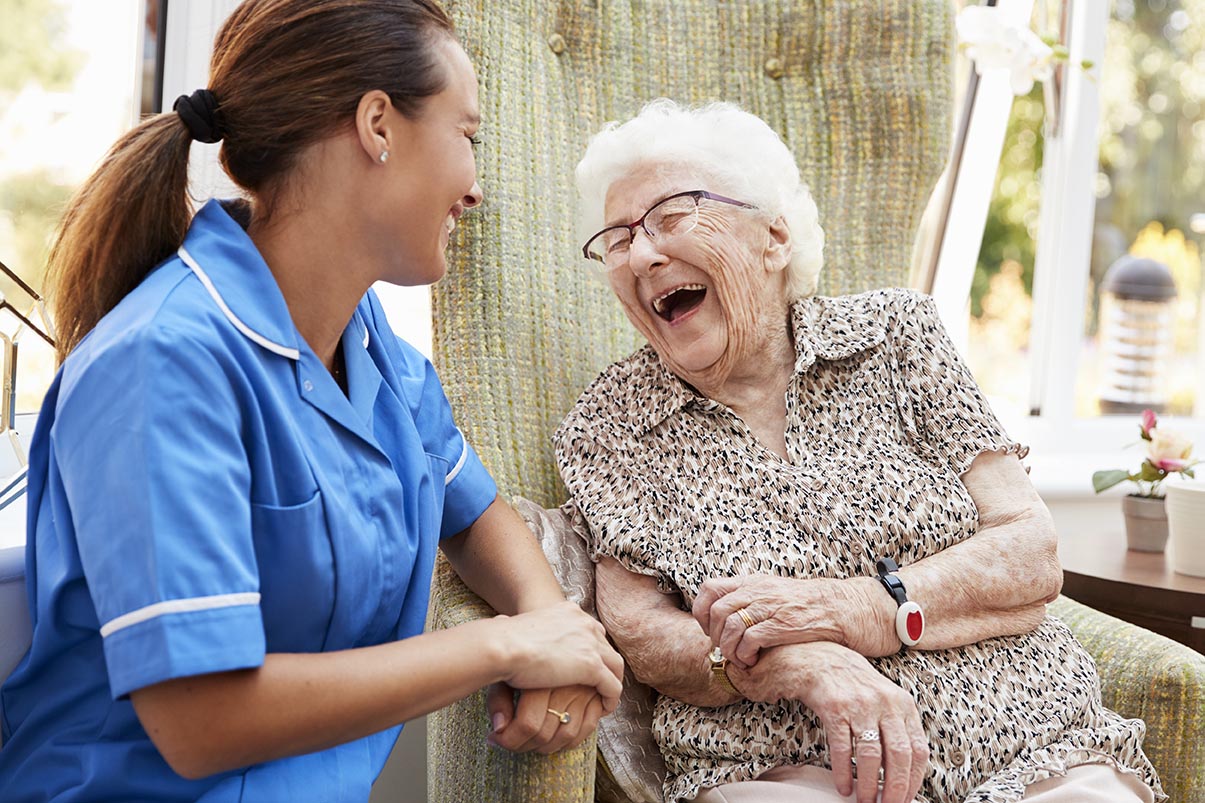24 Hours Senior caregivers spend their days helping their loved ones and families to maintain the quality of an elder’s life. It can be frustrating for them to work with a family that is not willing or able to provide for their loved one, because this can cause anxiety in the caregiver. The family may not be able to spend the time and energy to properly care for their loved one or they may have a conflicting attitude towards the elder. These issues can cause stress in the caregiver, who has a duty to work with the family so that they can provide the best care possible.
There are several services that can be used to help the caregiver. This article will discuss some of them.
1. Remedy for 24 Hours Caregiver Stress
One of the most common sources of caregiver stress is that they are unable to properly provide the care that their loved one needs. The best way for them to alleviate this stress is to utilize respite care. This care helps the caregiver to take a break from their duties, so that they can rest and recover from their work. Respite care services are available from many providers and can be used on a recurring basis when necessary.
When the family is not providing for the elder’s needs, it is common for the caregiver to feel stressed. There are times that this is unavoidable, but not often. In these situations, a respite provider can be very helpful for the caregiver and the elder. The respite provider will take over when needed and help relieve some of the stress from being unable to provide properly for their loved one.
2. Educate the Family on Taking Care of the Elder
The caregiver can act as a resource for the family in order to educate them on how to properly care for their loved one. This is especially helpful when it comes to administering medications, providing preventative healthcare and nutrition and other important tasks that require professional competence. If a family member is unable or poorly suited to take care of these tasks, they may need some education on how to handle them properly.
3. Employment Assistance
If the caregiver is employed, it is important for them to know that they are legally entitled to receive Social Security and UI benefits. This means that they should take advantage of all of the benefits available from their current employment and job hunting. Often times, this type of caregiving is done because the retiree does not have a strong family relationship left, which makes them vulnerable when it comes for care giving tasks. The family members may not be able to properly care for the retiree unless they receive proper benefits.
4. Assistance from the Elder Abuse Hotline
If the family is not providing for the elder or if there are signs that abuse is occurring, the caregiver can contact their local elder abuse hotline to get some help. These agencies are trained to assist in handling these types of situations and may be able to provide some services that could help prevent a situation from getting worse. As the caregiver, you should take the initiative and reach out to them if you suspect elder abuse.
5. Assistance from Adult Protective Services
If the family isn’t able to provide for their loved one, then there may be a serious problem occurring in the family. This could be a sign that there is some type of abuse or neglect occurring. In these situations, it is best for the caregiver to seek help from an adult protective services agency.
6. Return to Work
Some families are unwilling or unable to take care of their loved one, which means that the caregiver needs to find another way to get by. This doesn’t have to be a negative thing, as retirement can be a time for the caregiver to be more focused on themselves and become more active in their own lives. This can allow them to enjoy many things that they could not afford when they were working full time.
Conclusion
24 Hours Senior caregivers are very compassionate people that want to help others. They work tirelessly to ensure that their loved ones and families have everything that they need. It is a stressful job for them, which can cause caregiver stress if their loved ones are not receiving the care that they need. For the caregiver to receive some help, they can utilize respite services and contact various elder abuse agencies. These agencies will be able to help the caregiver and their family take care of the elder.


